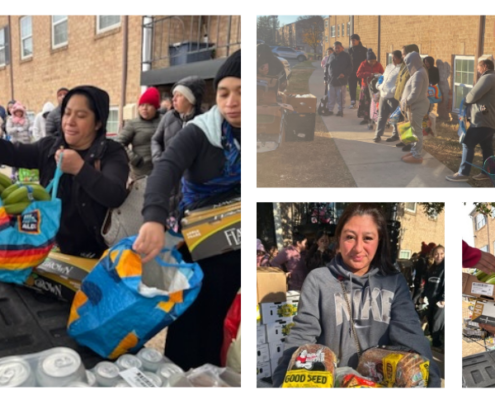
Powered by Partnership: Meeting Rising Hunger Together with Adventist HealthCare
Blog, ImpactIn 2025, food insecurity across Montgomery and Prince George’s Counties continued to rise, with many families seeking assistance for the first time. For parents trying to stretch a paycheck, seniors living on fixed incomes, and neighbors facing…
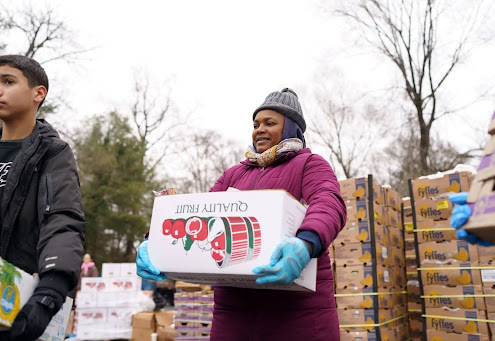
So What Else to host Holiday Day of Giving on December 20
BlogBethesda, Maryland — December 20, 2025 — This holiday season, So What Else invites community members, families, and volunteers of all ages to join us for Spread the Joy: Holiday Day of Giving, a full day dedicated to uplifting families in…
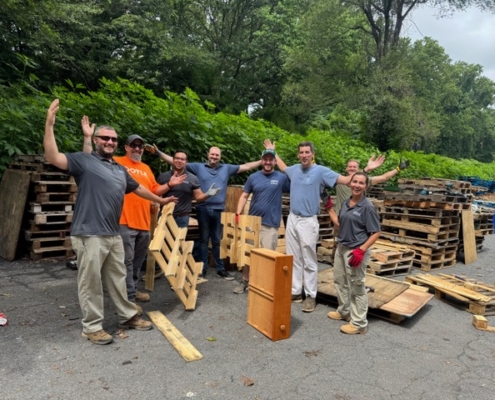
Doyle Construction: Fighting Hunger, One Little Food Library at a Time
Blog, ImpactWhen Doyle Construction first came to volunteer with So What Else in the summer of 2025, nobody expected they’d walk out with a whole new building project on their hands. They came ready to sort food and serve families. They left committed…
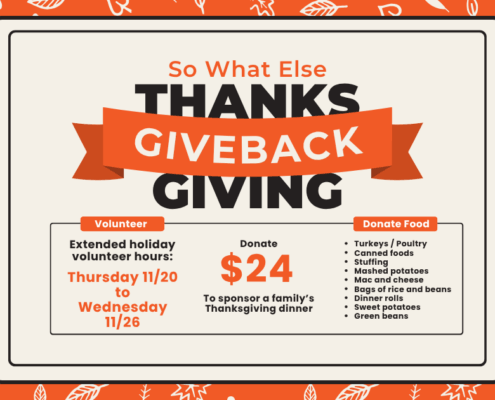
Thanksgiving Give Back Week 2025: Feeding 30,000 Families and Supporting Furloughed Workers
Blog, ImpactThis Thanksgiving, we’re focused on one goal: provide holiday meals for 30,000 families across our region during Thanksgiving Give Back Week. You can make an immediate difference—just $24 sponsors one family’s Thanksgiving dinner.
At…
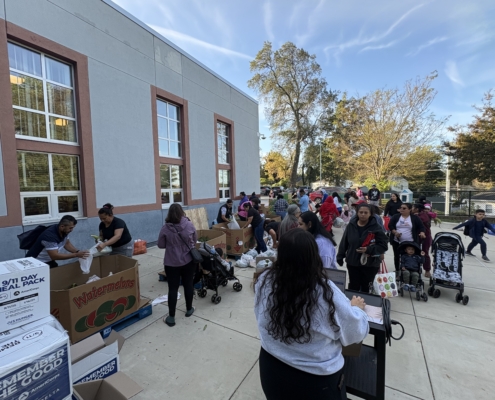
Hub for Hope: Viers Mill Elementary School Food Distribution
Blog, ImpactFor a year and a half, So What Else has been a steady presence at Viers Mill Elementary School, showing up twice a month with fresh produce and healthy staples that families specifically ask for most. What began as “food drop-offs” has grown…
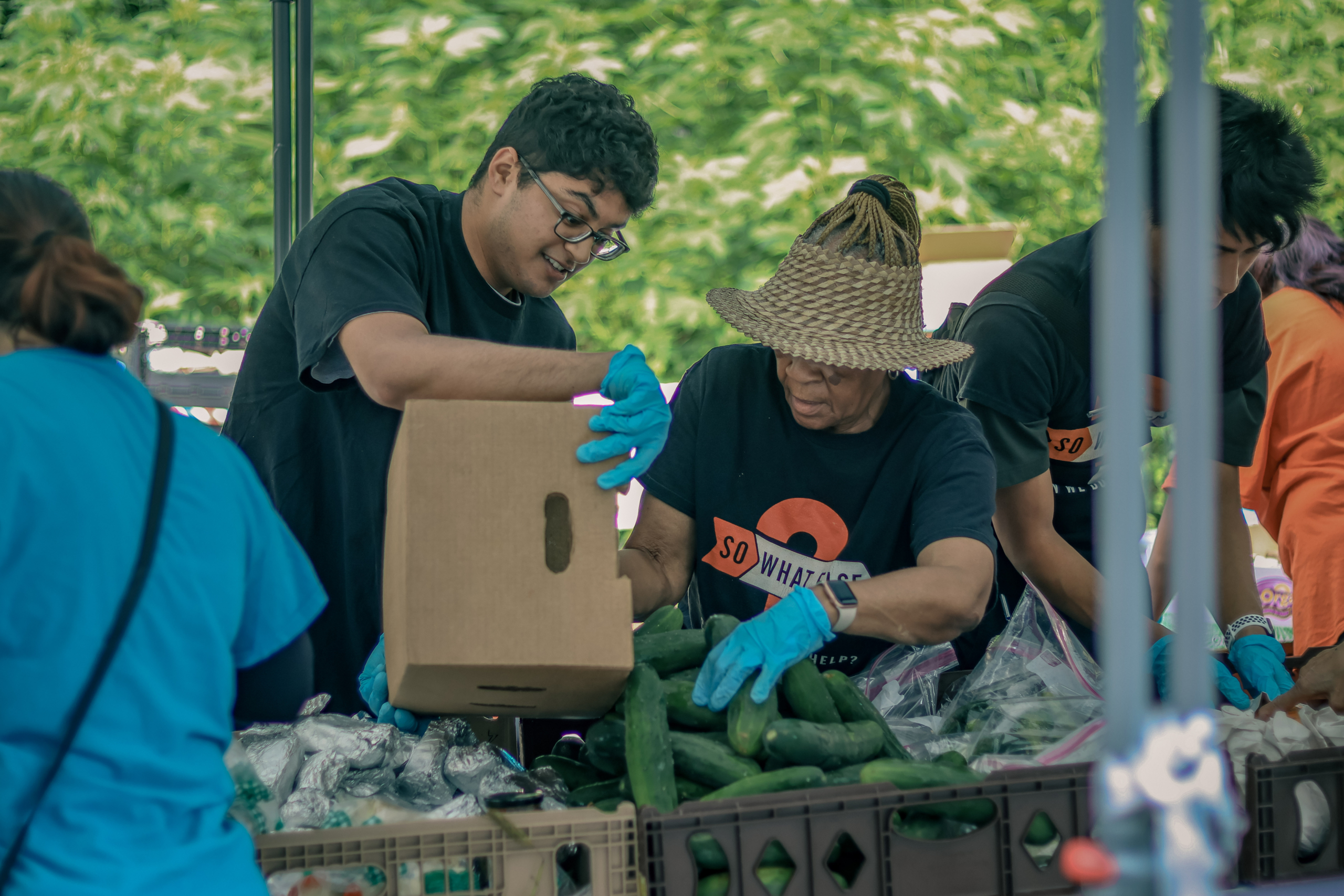
So What Else Launches Federal Worker Relief Program with Special Food Distribution Day on November 2
BlogUpdated November 6, 2025. Originally published October 27, 2025
With the U.S. government shutdown now stretching into its fourth week, thousands of federal employees and contractors across the DC-Maryland region are missing paychecks and…
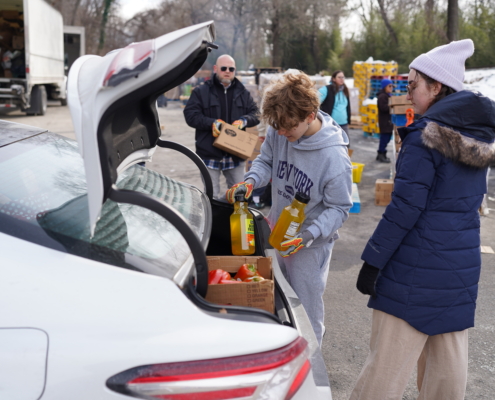
Volunteer Voices: Marcia Miller on Finding Purpose, Connection, and Community at So What Else
Blog, ImpactWhen longtime Montgomery County resident Marcia Miller retired in 2019, she planned to spend her days volunteering and enjoying time with family. But like so many, her plans were put on pause when the pandemic hit. A few years later, a conversation…
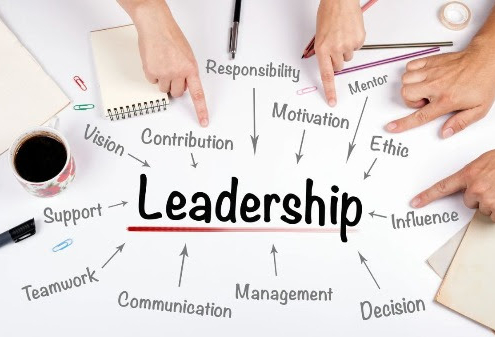
Student Leadership Institute 2025: A Summer of Growth and Service
Blog, Impact
This summer, the Student Leadership Institute brought together passionate high school and middle school students from across Montgomery County for a season of growth, teamwork, and community impact.
At the heart of the program were nine…

The 2025 Youth Summer Olympics: A Grand Success 🏅
Blog, Impact SWE & CYOC Create an Unforgettable Summer Celebration Together!
By George Wang
On August 1, 2025, despite the morning drizzle and overcast skies, Anacostia Park in Washington, D.C., hosted a vibrant and joyful event — the 2025 Youth…
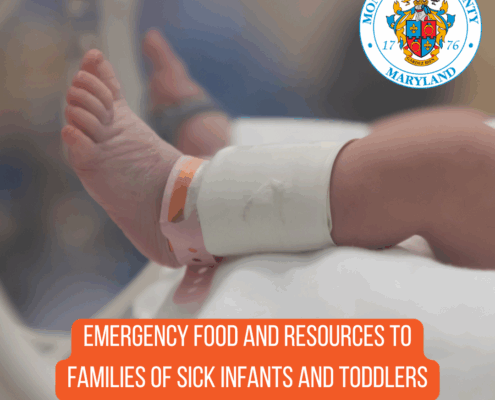
Supporting Families with Sick Infants and Toddlers with Montgomery County Infants and Toddlers Program (MCITP)
BlogRemember how stressful it was to go grocery shopping during the pandemic? Waiting in line, masking, social distancing, and hunting for essentials like Clorox wipes or Purell to keep your family safe. Wiping down groceries, dealing with diaper…



